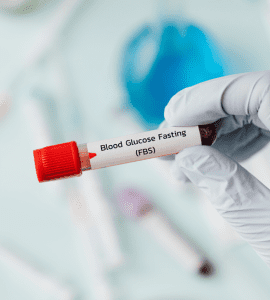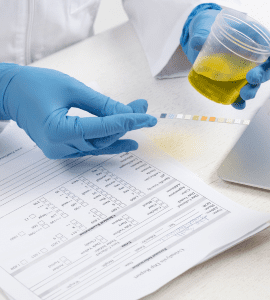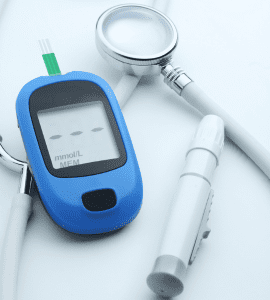Diabetes, often cloaked in misconceptions and oversimplifications, is a condition that intricately weaves through the fabric of global health, impacting millions with its multifaceted nature. Beyond the well-trodden discussions about blood sugar and insulin, there lie surprising facets of diabetes that shed new light on its complexity and influence. Delving into these lesser-known territories can offer fresh perspectives and deepen our understanding of this pervasive condition.
- Diabetes Has Ancient Roots, With a Modern Twist
The tale of diabetes stretches back to the annals of ancient history, with descriptions resembling diabetes symptoms found in Egyptian manuscripts dating as far back as 1500 BCE. Fast forward to the 21st century, and the narrative has evolved dramatically. Today's lifestyle changes, including dietary habits and decreased physical activity, have contributed to a stark rise in diabetes cases, transforming it into a modern epidemic. This historical journey underscores the evolving nature of diabetes, intertwined with both genetic predispositions and contemporary lifestyle factors.
- Type 3 Diabetes: A New Frontier in Research
While Type 1 and Type 2 diabetes are familiar to many, the concept of Type 3 diabetes is gaining traction within the scientific community. This emerging term is increasingly used to describe Alzheimer's disease, given the shared underlying mechanisms involving insulin resistance and disrupted glucose metabolism in the brain. This paradigm shift in understanding Alzheimer's as a potential metabolic disease opens new avenues for research and treatment, blurring the lines between neurodegenerative and metabolic disorders.
- Diabetes Can Affect Your Hearing
Beyond the well-documented impacts on vision, kidney function, and cardiovascular health, diabetes has a lesser-known association with hearing impairment. High blood glucose levels can damage the small blood vessels in the inner ear, much like they can impair other organs. This revelation highlights the importance of comprehensive health monitoring in individuals with diabetes, ensuring that hearing health is not overlooked in routine diabetes care.
- The 'Honeymoon Phase' in Type 1 Diabetes
In the initial period following a Type 1 diabetes diagnosis, some individuals experience what's known as the 'honeymoon phase.' During this time, the pancreas might still produce a significant amount of insulin, temporarily easing diabetes symptoms and management. This phase, however, is fleeting, lasting typically a few months to a year, after which insulin production declines, necessitating a reassessment of management strategies. Understanding this phase is crucial for patients and caregivers to navigate the changing needs of diabetes care effectively.
- The Global Disparity in Diabetes Care
Diabetes care and management present a stark study in contrasts across the globe. In affluent regions, access to advanced treatments and monitoring technologies is often readily available, whereas in lower-income countries, basic diabetes care can be a significant challenge. This disparity not only underscores the need for global health initiatives focused on diabetes but also highlights the importance of accessible, affordable care options to bridge the gap and ensure equitable health outcomes for all affected by diabetes.
- Diabetes Can Alter Taste Perceptions
An unexpected facet of diabetes is its potential impact on an individual's taste sensations. Fluctuating blood sugar levels can affect taste bud functionality, leading to altered perceptions of sweetness, which might contribute to dietary challenges and management. This phenomenon underscores the importance of a tailored approach to nutrition and meal planning, ensuring that dietary strategies are both effective in managing diabetes and satisfying to the palate.
- The Environmental Link to Diabetes
Emerging research suggests a compelling connection between environmental factors and the risk of developing diabetes. Exposure to certain pollutants and chemicals, such as bisphenol A (BPA) found in plastics, has been linked to increased diabetes risk, highlighting the intricate interplay between genetics, lifestyle, and environmental health. This revelation calls for a holistic view of diabetes prevention and management, considering not just medical but also environmental strategies to mitigate risk.
The Path Forward with HealthDeliver
In the face of these revelations, navigating the complexities of diabetes requires a blend of informed self-care and professional guidance. HealthDeliver emerges as a pivotal resource, offering easy access to healthcare expertise, helping individuals adapt to the evolving challenges of diabetes management. Whether it's addressing dietary changes due to altered taste perceptions or discussing strategies to reduce environmental risk factors, HealthDeliver connects you with professionals ready to support your journey.







